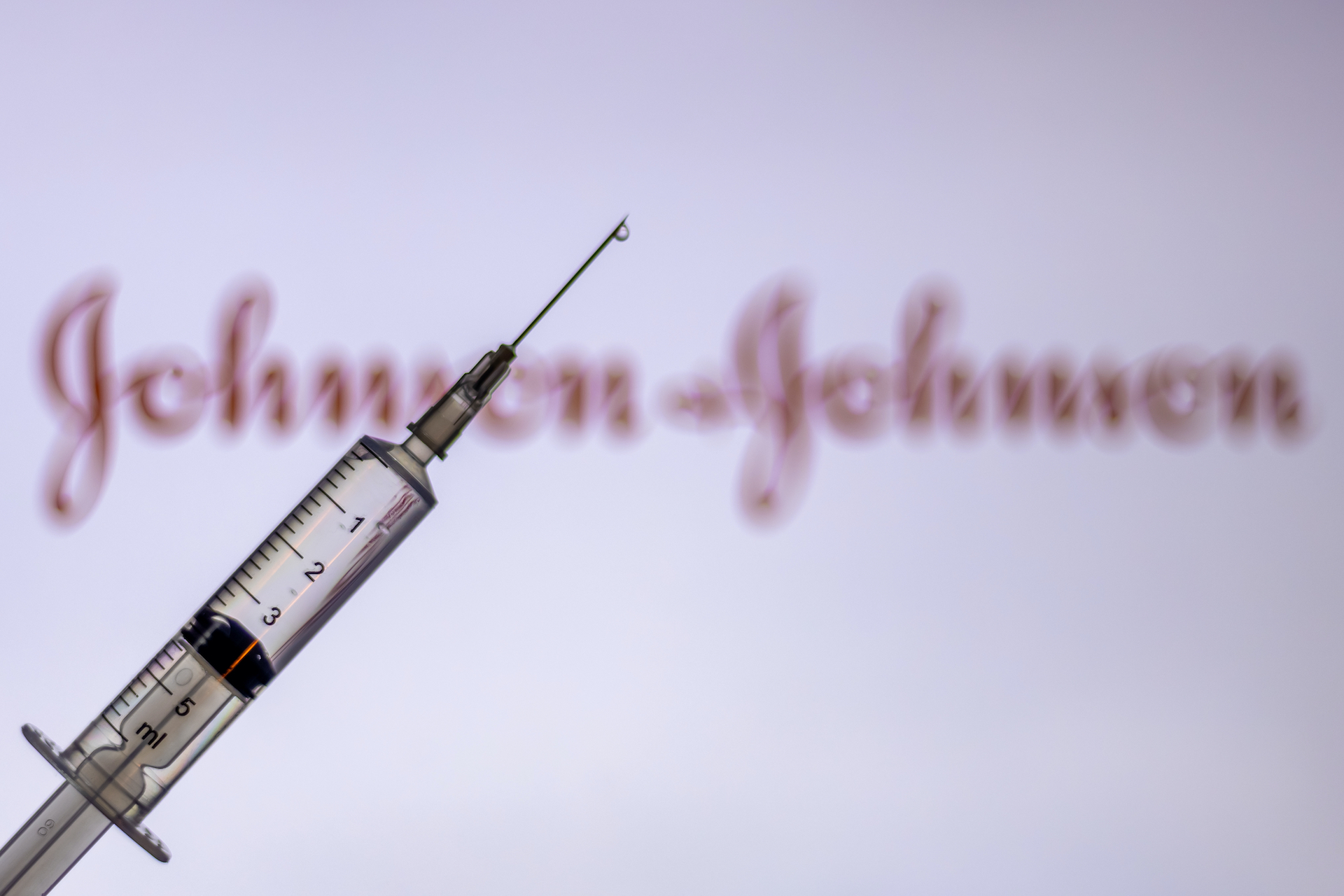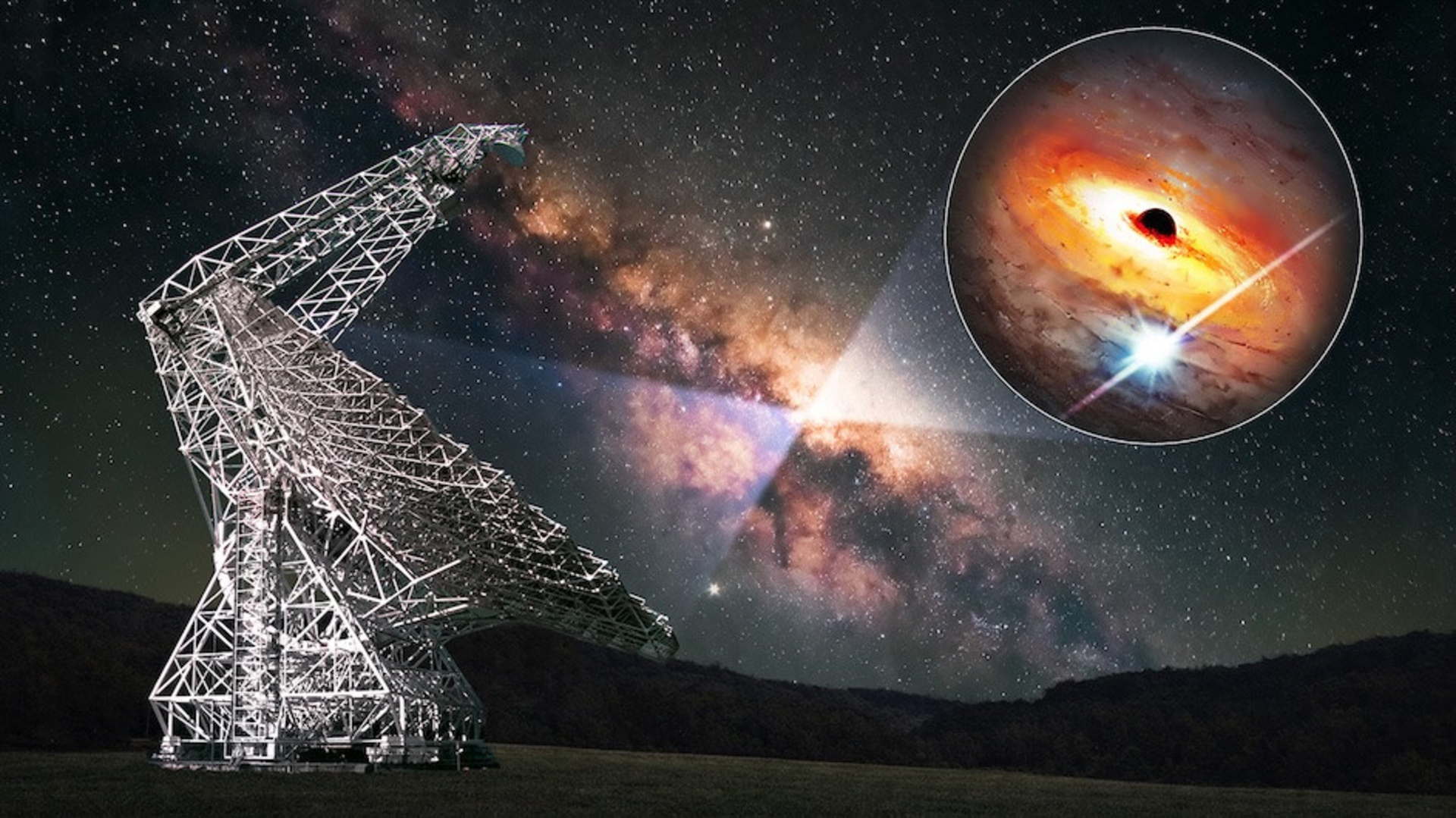Johnson & Johnson booster shot increases antibodies to coronavirus nine-fold, company says
Will health officials recommend J&J recipients to receive a booster dose?

Get the world’s most fascinating discoveries delivered straight to your inbox.
You are now subscribed
Your newsletter sign-up was successful
Want to add more newsletters?

Delivered Daily
Daily Newsletter
Sign up for the latest discoveries, groundbreaking research and fascinating breakthroughs that impact you and the wider world direct to your inbox.

Once a week
Life's Little Mysteries
Feed your curiosity with an exclusive mystery every week, solved with science and delivered direct to your inbox before it's seen anywhere else.

Once a week
How It Works
Sign up to our free science & technology newsletter for your weekly fix of fascinating articles, quick quizzes, amazing images, and more

Delivered daily
Space.com Newsletter
Breaking space news, the latest updates on rocket launches, skywatching events and more!

Once a month
Watch This Space
Sign up to our monthly entertainment newsletter to keep up with all our coverage of the latest sci-fi and space movies, tv shows, games and books.

Once a week
Night Sky This Week
Discover this week's must-see night sky events, moon phases, and stunning astrophotos. Sign up for our skywatching newsletter and explore the universe with us!
Join the club
Get full access to premium articles, exclusive features and a growing list of member rewards.
A booster dose of Johnson & Johnson's COVID-19 vaccine prompted a big spike in antibodies among clinical trial participants, when taken six to eight months after the first dose, the company announced on Wednesday (Aug.25).
Health officials have recommended that people vaccinated with the Moderna or Pfizer-BioNTech vaccines receive a booster dose about eight months after their second dose, due to waning immunity, Live Science previously reported. But they have not yet recommended a booster for the Johnson & Johnson vaccine, citing the lack of data.
"We also anticipate booster shots will likely be needed for people who received the Johnson & Johnson (J&J) vaccine," the U.S. Department of Health and Human services said in a statement on Aug.18. They added that they expect more data on the Johnson & Johnson booster shots in the next few weeks, and that they will "keep the public informed with a timely plan for J&J booster shots as well."
Related: Coronavirus variants: Here's how the SARS-CoV-2 mutants stack up
More than 14 million people in the U.S. received the single-dose Johnson & Johnson vaccine. Today's data, taken from clinical trial participants, suggests that a booster may be beneficial.
A booster dose of the Johnson & Johnson vaccine generated a nine-fold increase in antibodies compared to the level seen 28 days after the initial dose, the company reported in a statement. The data is based on two small clinical trials conducted in the U.S. and in Europe, and the company submitted the results, which haven't yet been peer-reviewed, to the preprint database medRxiv.
"We have established that a single shot of our COVID-19 vaccine generates strong and robust immune responses that are durable and persistent through eight months," Dr. Mathai Mammen, the Global Head of Janssen Research & Development at Johnson & Johnson, said in the statement. "With these new data, we also see that a booster dose of the Johnson & Johnson COVID-19 vaccine further increases antibody responses among study participants who had previously received our vaccine."
Get the world’s most fascinating discoveries delivered straight to your inbox.
Mammen added that they will discuss potential strategies for booster doses with public health officials.
But the study looked at antibody levels and not at real-world efficacy, so it's not clear if people who get the booster shot will be less likely to be infected or to develop severe disease than those who don't, according to CNN. Still, experts are reaching a consensus that antibody levels may be indicative of the amount of immune protection, according to CNN.
Experts told NPR that while the studies were small, and didn't look at real-world protection, the findings would likely support the idea of giving booster shots to those who received the Johnson & Johnson vaccine. "It is pointing toward the utility of a second dose. I think that's reasonable," Saad Omer, a vaccine researcher at Yale told NPR.
Originally published on Live Science.

Yasemin is a staff writer at Live Science, covering health, neuroscience and biology. Her work has appeared in Scientific American, Science and the San Jose Mercury News. She has a bachelor's degree in biomedical engineering from the University of Connecticut and a graduate certificate in science communication from the University of California, Santa Cruz.
 Live Science Plus
Live Science Plus










